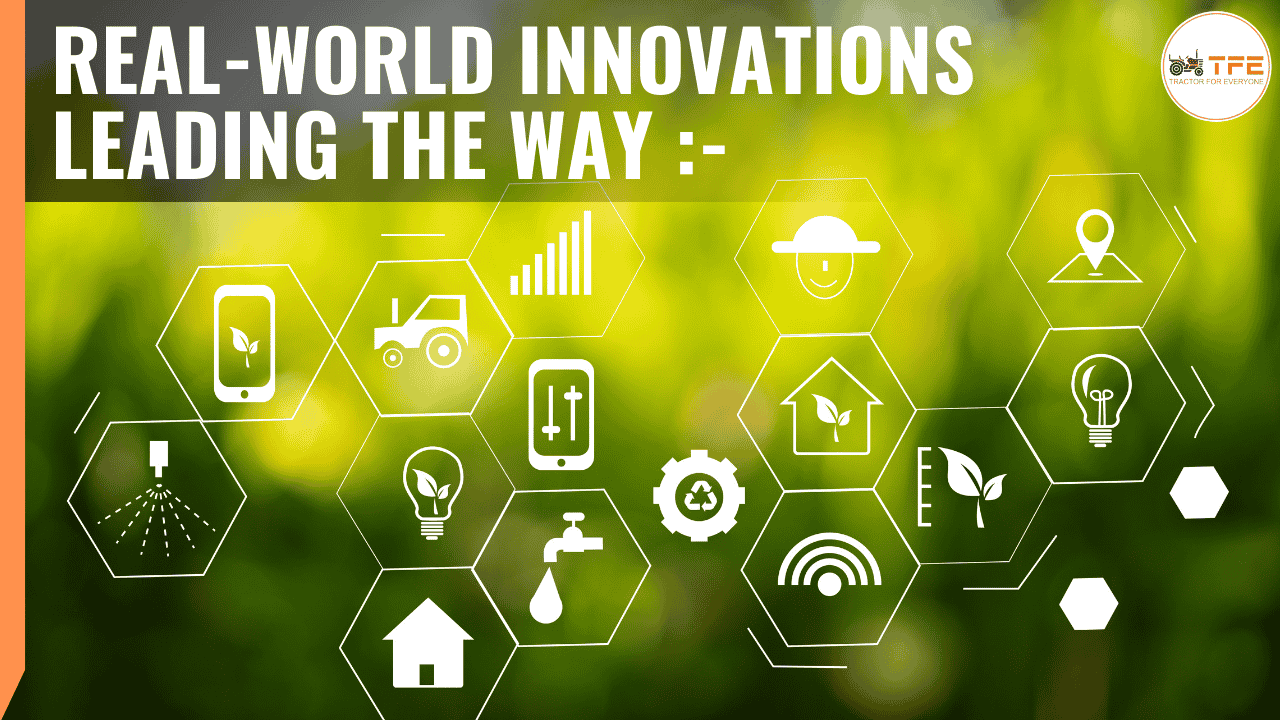Best Used Car, Services, Auto Parts, Rent Car Available for Buy and Sell Near By Go Ahead
- Swaraj Price 2025: Latest Swaraj Tractor Price List and On-Road Rates in India
- महिंद्रा मिनी ट्रैक्टर - कीमत, मॉडल, और सुविधाएँ
- Swaraj 855 FE Tractor Review 2025 Features, Price and Performance Explained
- Best Tractors in India 2025: Top 10 Picks for Every Farm Size
- महाराष्ट्र फार्मर आयडी: ऑनलाइन नोंदणी प्रक्रिया, कागदपत्रे आणि फायदे
- Sonalika Tractor Price 2025 Complete List of Models, Series and Latest Offers
- Swaraj Tractor Price List 2025: Best Tractors for Small, Medium & Large Farms
- Swaraj 744 FE Price, Features & On-Road Cost Explained for 2025
- Mahindra Tractors Price 2025: Complete List, Series-Wise Comparison and Best Models
- New Holland 3630 TX Super Plus+ Tractor Review 2025: Features, Price and Performance
.jpg)
Sustainable Pest Control: The Future of Indian Agriculture
Agriculture has always been the backbone of India’s economy, providing livelihoods to millions and ensuring food security for the nation. However, with the changing climate and evolving agricultural practices, the challenges faced by Indian farmers have grown manifold. Among these, pest infestations in key crops like rice and corn have become a significant concern, often leading to substantial crop losses.
For decades, chemical pesticides have been the go-to solution for farmers, but their overuse has taken a toll on the environment and public health. Today, sustainable pest control methods are emerging as viable, eco-friendly alternatives to combat these challenges. These innovative practices aim to ensure agricultural productivity while preserving the ecosystem. Let’s explore how sustainable pest management solutions can revolutionize Indian agriculture.
The Need for Sustainable Pest Management in India
India is one of the world’s leading producers of rice and corn, two crops that play a pivotal role in the country’s economy and food supply. However, pests like the Yellow Stem Borer (YSB) in rice and the Fall Armyworm (FAW) in corn are causing significant damage, reducing yields, and increasing production costs for farmers.
Adding to this challenge is the environmental and health impact of chemical pesticides. Over-reliance on these products has led to:
- Soil degradation: Prolonged use of chemical pesticides harms soil fertility, making it difficult to sustain agricultural productivity.
- Water pollution: Runoff from fields treated with pesticides contaminates water bodies, affecting aquatic life and drinking water quality.
- Health risks: Pesticide exposure has been linked to various health issues, affecting both farmers and consumers.
To address these issues, sustainable pest management techniques are gaining attention. These solutions not only tackle pest problems but also promote long-term agricultural and environmental health.
What Are Sustainable Pest Control Methods?
Sustainable pest control involves eco-friendly practices that minimize harm to the environment, farmers, and consumers. One of the most promising innovations in this space is pheromone-based pest control.
How Does It Work?
Pheromone-based solutions use naturally occurring chemical signals that insects release to communicate. These pheromones can be synthesized and deployed in fields to disrupt pest mating cycles. For example:
- Mating disruption: Saturating the field with pheromones confuses male insects, preventing them from finding females to mate with, thus reducing pest populations over time.
- Targeted action: These solutions are pest-specific, ensuring that beneficial insects and pollinators remain unaffected.
Why Is It Better?
- Environmentally Friendly: These methods use biodegradable materials, leaving no harmful residues in the soil or water.
- Safe for Farmers and Consumers: Unlike chemical pesticides, pheromone-based products pose no health risks.
- Sustainable: These solutions promote a balanced ecosystem by targeting specific pests without disrupting the natural food chain.
Benefits of Sustainable Pest Management for Indian Farmers
Adopting sustainable pest control methods can bring multiple advantages for Indian farmers:
- Higher Yields: Effective pest management reduces crop losses, leading to healthier and more productive fields.
- Cost-Effectiveness: Although the initial investment may seem higher, the long-term savings from reduced pesticide use and healthier soils outweigh the costs.
- Market Value: Crops grown using eco-friendly methods fetch better prices in the market, especially as consumer demand for organic and sustainably grown food increases.
- Environmental Resilience: Sustainable practices enhance soil health, water conservation, and biodiversity, making farms more resilient to climate change.
Integrated Pest Management and Sustainable Agriculture
The concept of integrated pest management (IPM) combines sustainable pest control methods with conventional techniques for enhanced efficacy. This balanced approach ensures that pest populations are controlled without compromising environmental or human health.
Real-World Innovations Leading the Way

India is witnessing a growing focus on sustainable pest control, with several initiatives empowering farmers with innovative tools.
Provivi and Godrej Agrovet Partnership
A noteworthy collaboration between Provivi, a global leader in pheromone-based crop protection, and Godrej Agrovet, a research-driven Indian agri-business conglomerate, aims to revolutionize pest control for rice and corn farmers.
-
Innovative Products:
- YSB Eco-Dispenser: Targets the Yellow Stem Borer in rice crops.
- FAW Eco-Dispenser: Combats Fall Armyworm in corn fields.
-
Eco-Friendly Design: Both products are made from biodegradable materials, ensuring minimal environmental impact.
-
Farmer-Centric Approach: By 2029, these dispensers will empower farmers with advanced, environmentally conscious tools to combat pests.
Challenges to Adoption
Despite their promise, sustainable pest control methods face several challenges:
- Farmer Awareness: Many farmers are unaware of pheromone-based technologies and their benefits. Education and training programs are essential.
- Affordability: While cost-effective in the long run, the upfront cost of these solutions may deter small farmers. Subsidies or financial support can help bridge this gap.
- Infrastructure and Distribution: A robust supply chain is essential for timely and widespread availability of these products.
- Adaptation Period: Farmers accustomed to chemical pesticides need time and support to transition to sustainable methods.
Overcoming these challenges will require coordinated efforts from the government, private sector, and agricultural organizations.
Conclusion
Sustainable pest control solutions are more than just a trend—they are a necessity for the future of Indian agriculture. By reducing reliance on harmful chemical pesticides, these innovations ensure better yields, healthier soils, and a safer environment.
Initiatives like the Provivi-Godrej Agrovet partnership demonstrate that integrated pest management can align sustainability with productivity. As we approach 2029, it is crucial for farmers, policymakers, and industry leaders to embrace and promote such technologies. By doing so, India can set a global example in sustainable pest management and safeguard its agricultural heritage for future generations.
Write a Comment
Popular Blogs View All
-

Swaraj Price 2025: Latest Swaraj Tractor Price List and On-Road Rates in India
07/24/2025, POSTED BY ADMIN -

महिंद्रा मिनी ट्रैक्टर - कीमत, मॉडल, और सुविधाएँ
02/18/2025, POSTED BY ADMIN -

Swaraj 855 FE Tractor Review 2025 Features, Price and Performance Explained
07/19/2025, POSTED BY ADMIN
Popular Video View All
-

महाराष्ट्रात Second Hand Tractors ची उत्तम संधी! तुमच्या बजेटमध्ये, विश्वासार्ह ट्रॅक्टर मिळवा!
12/16/2025, POSTED BY ADMIN -

TFE Reaper Machine Working | Full Multi-Crop Cutting Process!
12/16/2025, POSTED BY ADMIN -

5 Things You Need to Know Before Buying a Solis E Series Tractor
05/17/2025, POSTED BY ADMIN

